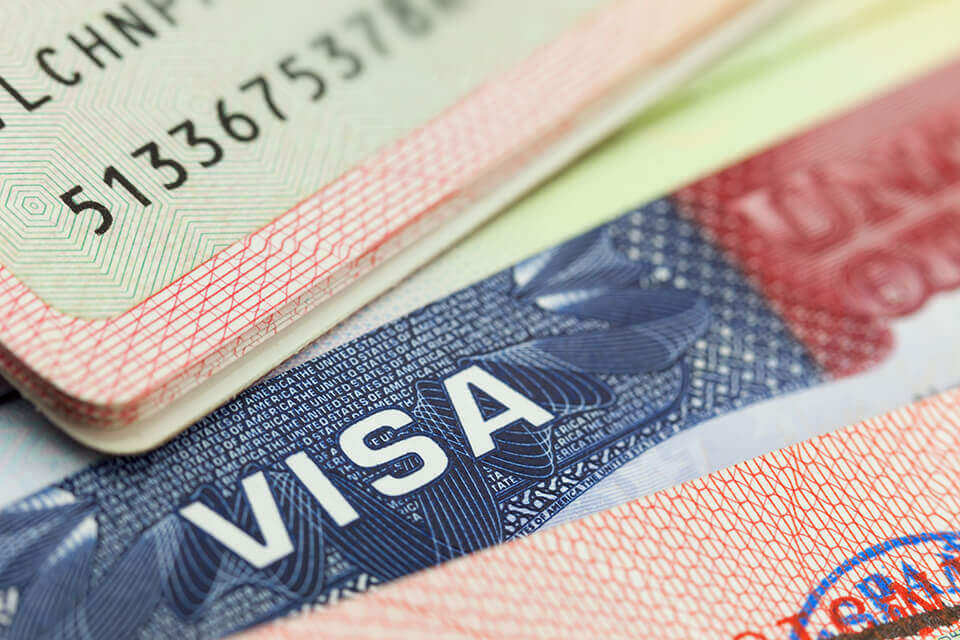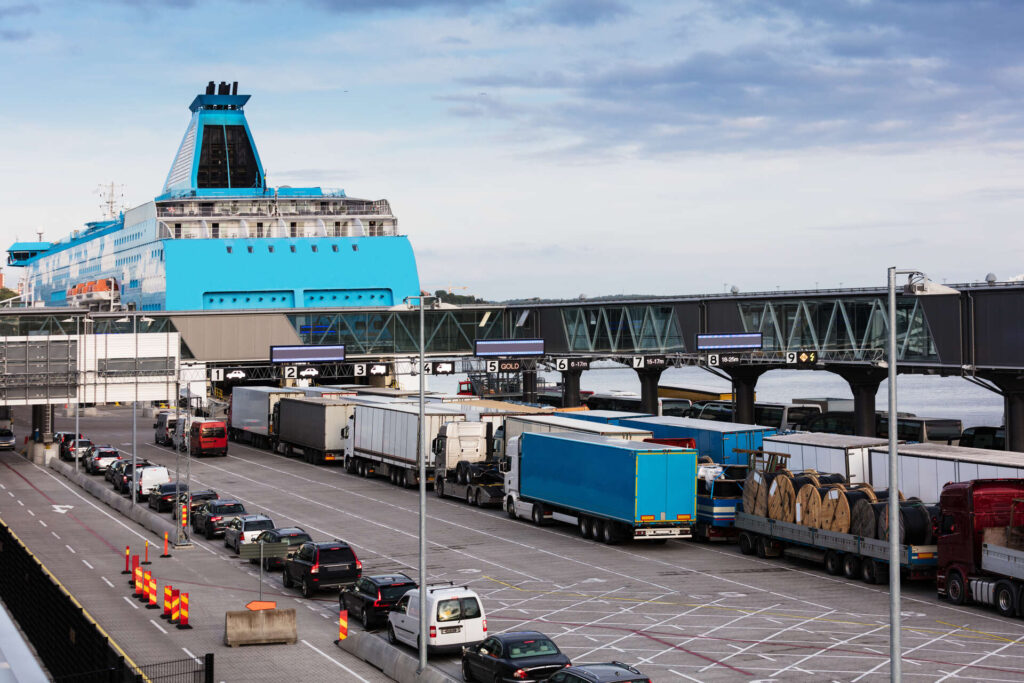Just looking at the pictures of this beautiful country might make you want to move there immediately. But moving to the Netherlands comes with a wide range of perks apart from just being surrounded by breathtaking landscapes. No matter how scared you might be about your upcoming international relocation, you’ll see that it was worth it when you get there.


Known as one of the countries with the best quality of life in Europe, the Netherlands has become a rather popular destination among people from all around the world. Some relocate here in search of employment, others just like the lifestyle and beautiful nature.
Whatever your reason is, you should learn a little bit more about your chosen destination before you can call it your new home. How to relocate? What sort of documents are you required to provide? Should you prepare for culture shock? We are here to answer these and many other questions, so let’s get started with our little guide.
What to Expect When Moving to the Netherlands?
No matter how excited you are about your new life, you might be somewhat scared of the unknown, too. To reduce the moving stress, you should learn more about your chosen destination and what life there looks like. If you haven’t moved before, you might even be wondering how to live in another country, to begin with.
But there’s no reason to fret about it. When relocating to a place with so much to offer, you have so much to look forward to, so be sure it will be a lovely experience. To start with, you can count on top-notch quality of life.
Excellent Quality of Life and Happy People
The high quality of life is probably one of the main reasons why people choose this destination when relocating overseas. If you’re moving with kids abroad, you’ll be happy to hear about the high safety all around here. Here are some other factors that contribute to the famously good quality of life here:
- Education
- Social connections
- Environmental quality
- Civic engagement
- Subjective well-being
The Netherlands ranked as the sixth happiest country in the world, according to DutchNews. People are friendly and welcome people from all around the world. At this moment, all you can think about is how to keep in touch with your friends after you move. But you should also look forward to making new friends that will be a part of your life abroad.
You Probably Won’t Need Your Car
You are not that thrilled about the very idea of shipping a car overseas? Here’s some good news – you probably won’t have to do it. Most people rely on their bicycles to get around. So, you, too, can simply hop on your bike to get anywhere you want around town (and the country).
In case you eventually decide that you’d still like to have your car with you, that’s not a problem. All you should do is schedule overseas vehicle shipping and have your four-wheeler delivered straight to your future address.
Four Seasons and Somewhat Unpredictable Weather
If you’re wondering what to pack when moving abroad, you should know that you’ll need both summer and winter clothes for living in the Netherlands. Plus, the weather can be somewhat unpredictable, especially if you move during summer.
This beautiful country experiences four distinct seasons, so be prepared for each of them. And by prepared, we also mean to be prepared to enjoy each of it to the fullest. Go skating during winter and admire breathtaking views of fields of tulips in spring. Enjoy its almost-Mediterranean summer, and get the real feel of the Dutch landscape in the beautiful autumn.
The First Step to Take – Take Care of Visa Requirements
Naturally, when relocating to another country, you should first make sure you have the most important documents needed to travel abroad. When it comes to the Netherlands, expats are required to obtain a visa, residence permit, and work permit to live and work here.
However, you should look into some specifics, as there might be slight differences depending on where you’re relocating from. For instance, those coming from the US, Australia, and South Korea do not need a visa. Only a residence permit is required to immigrate. Things are easiest for the European Union (EU) and European Economic Area (EEA) citizens, as well as people coming from Switzerland. All they are required to bring is their ID.
Depending on each particular case, not all of the previously mentioned three permits are necessarily required. For instance, those qualifying for skilled worker visas don’t have to obtain an additional work permit. On the other hand, it may happen that you have to provide some additional documentation if you’re relocating as a self-employed entrepreneur. In this instance, you will also be required to submit your business plan and market research, as well as pay a fee of over $1,100 (1,000 euros).
Check What Type of Program You Qualify for When Moving to the Netherlands
The type of residence permit is determined by the purpose of your stay. Here are your options when it comes to residence permits:
- For study purposes
- For graduates’ orientation year: Bachelor’s, Master’s, and Ph.D. degree graduates
- Fr exchange programs
- For scientific researchers
- For employees
- For highly skilled migrants
- For self-employed/freelancer/entrepreneur
- For seasonal/short-term contract workers
- Joining a partner or family member
- For au pairs
After you’ve lived here for five uninterrupted years, you’ll be entitled to apply for permanent residence.


Search the Job Market
Working in Europe as an American can be much easier than it might seem at first glance. This is especially the case when relocating to the Netherlands, as this is one of the best European countries to find a job. So, there’s no reason to worry about how to get a job in Europe as an American. All you should do is start looking for one and preparing everything required early enough.
When it comes to documents, you should obtain the following to be able to work here:
- Work permit
- Residence permit
- Long-stay visa (Machtiging tot Voorlopig Verblijf, or MVV)
Since you’ve picked a rather desirable destination, you should be prepared for a rather fierce competition. Be patient – it might take you some time to land your dream job. Speaking Dutch, French, or German can give you the edge.
Your safest bet is probably to start looking for a job online. Check the advertisements on Glassdoor and Indeed as soon as possible. If you can’t manage to find anything by yourself, you can always turn to a recruitment agency to seek help.
Enjoy an Excellent Work-Life Balance
Even though you could probably earn a higher salary someplace else, you’ll hardly find a place where work-life balance is as important as here. According to DutchReview, the nation’s work-life balance is the best in the world. The Dutch are hard-working and devoted to their work, but they don’t like working overtime. Moreover, many even leave their offices early, especially if they have a family.
Another thing to know is that people here draw a rather strict line between private and professional lives. So, you shouldn’t expect to hang out with your colleagues over the weekend, for instance.


Get Private Health Insurance
Private health insurance is the basis of the entire healthcare system, so you can’t do without it; yet somehow, it’s a thing people frequently forget when relocating. It is necessary to submit your application within the first four months upon your arrival.
To apply for private insurance, you will be required to provide your residence permit. Be sure you learn more about some of the major health insurance providers, such as Cigna Global and Allianz.
Even though private health insurance is a bit expensive, it’s worth it. The healthcare system is top-notch – the waiting times are usually short, and most doctors speak excellent English.
You Will Need a Family Doctor
Another crucial thing to know about the healthcare system here is that you can’t do anything without a family doctor. They are the ones you call for basic medical care and tests. More importantly, you need their referrals in case you need to see a specialist, even in case of an emergency.


Which City Should You Live In?
Before you get down to packing, you need to know where exactly you’re heading, right? Whichever city you go for, you won’t make a mistake, as every corner of the country has something unique to offer.
Rural areas are the most affordable and peaceful ones, but they may be even a touch too peaceful for some. If you’re looking for a good balance between affordability and liveliness in a city, you should consider Eindhoven, Brenda, Groningen, or Tilburg.
Is Living in Amsterdam a Good Choice for You?
Being the country’s nominal capital city, Amsterdam is probably the best city to live in. From a variety of cultural events to check out to excellent food scene and nightlife, there are many things that attract many newcomers to the capital. However, Amsterdam is the most expensive place to choose, too, so be sure you take the cost of living into account.
Finding a Home Can Be a Bit of a Challenge
Since you’ve picked a rather small country with a large and still growing population, it should come as no surprise that finding accommodation can be tricky. Another thing that makes it tricky is its fast-paced housing market. So, when you find something that suits you, there won’t be much time for second-guessing. If it takes you too long to decide whether you want to sign the contract, the place will be gone by the time you make up your mind.
Be Prepared for High Prices
Always keep in mind that the cost of living is somewhat high, especially when it comes to housing. Thus, it is a good idea to save up some money before you move and make sure you find a well-paid job that will enable you to live comfortably here.
As it usually happens, the prices are the highest in big cities and close to the city center. For instance, according to Numbeo, the rent for a three-bedroom apartment in the center of Amsterdam is over $3,000.


Learn About Local Culture and the Dutch Language to Fit in Easier as an Expat
One of the first things you should know about the locals here is that they are very direct. Whether they want to comment on your looks, or something you said or did, they are always blunt. So, it’s important to remember that this is just the way they are and not mistake their directness for rudeness.
You can be sure that you’ll feel welcome from the very first day here. Everyone is friendly and always happy to help. However, no matter how open and friendly people are, becoming a part of their inner circle might take some time. And they will definitely expect you to speak their language if you want to get closer.
Find a Guide to Learning Dutch Before You Move – People Will Appreciate It
Breaking the language barrier is always a crucial thing to think about when moving to a place where English is not the official language. This is of particular importance when relocating to the Netherlands, as everyone here appreciates their language very much. Thus, they also appreciate it when foreigners put some effort into learning at least some basics.
So, be sure you look for some useful tips for learning a new language and get down to business. We’ll be honest with you – Dutch can be rather tricky to master, so you should take some time.


Final Thoughts
The Netherlands is waiting for you in all its glory, offering so many fantastic opportunities for professional and personal growth. You can even move to college here and get the best of life. It offers a safe environment for your little ones to grow up in, high-quality healthcare, and plenty of places to spend some quality time in nature. Do not forget that this is one of the happiest countries in the world for a reason.
If you need some help with relocation, feel free to contact professional movers to give you a hand with international moving. With the right crew by your side, even moving across the world can be a piece of cake. Do what it takes to make your move more comfortable and give yourself a chance to enjoy all the beauties and opportunities this magnificent country on the North Sea coast boasts.









